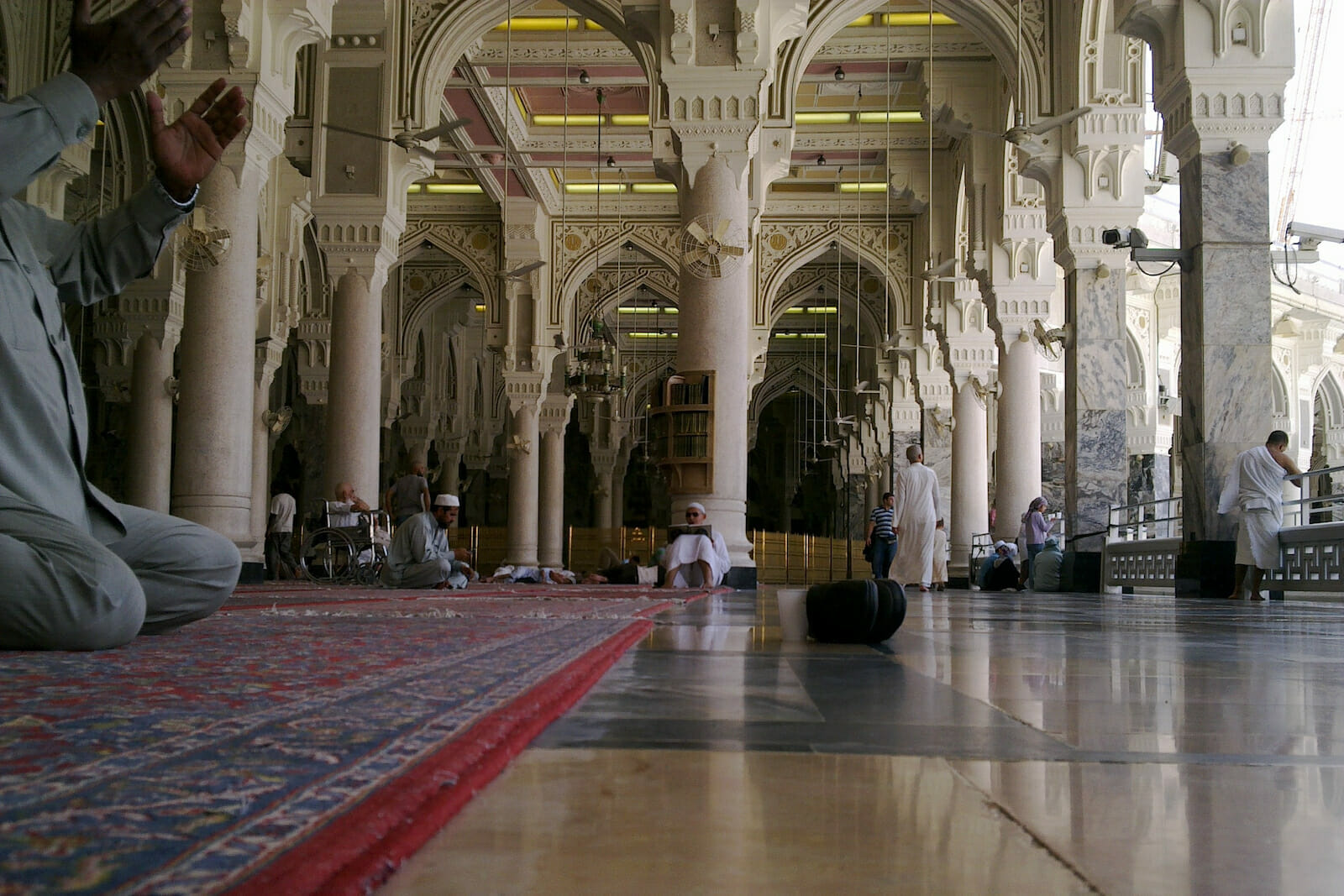
Culture
The Taboo of Atheism in Egypt
Discrimination against atheists in Egypt is primarily the result of conservative social traditions and state religious establishments. Laws and policies in Egypt protect religious freedom but punish those who ridicule or insult heavenly religions by words or writing – i.e. insulting Budhism or Hinduism is not punishable by Egyptian law but insulting Islam, Christianity or Judaism is. Between 2011 and 2013, “Egyptian courts convicted 27 of 42 defendants on charges of contempt for religion,” according to The Guardian.
Interestingly, an Egyptian citizen is only entitled to one of the three monotheistic religions, namely Islam, Christianity and Judaism. In other words, people are allowed to believe or disbelieve in any religion for obvious reasons, but they are not allowed to have their beliefs or disbeliefs legally recognized. Therefore, on official records, all people have to be categorized as such. Diversity in this sense is systematically blinded.
According to official statistics, religious beliefs in Egypt are as follows: 90-94 percent are Sunni Muslims and 6-10 percent are Coptic Christians. While atheism is not limited to a specific segment of the Egyptian society, credible research is still lacking on the matter because having no religion is a taboo in Egypt.
Similar to their declared wars on terrorism, corruption and neglect, political and religious state institutions launched a new “war on atheism.”
In a 2014 report, Dar Al-Ifta Al-Misriyyah, (the Al-Azhar center for Islamic legal research), confirmed that the number of atheists in Egypt is no more than 866 individuals – i.e. the proportion of atheists is 0.001 percent of the Egyptian population. While the methods Al-Azhar “scholars” used to reach this precise figure remain unknown, discriminatory discourse against atheists is commonplace in Egypt.
This discriminatory discourse is especially accentuated by Al-Azhar mosque and the Coptic Church. Starting from 2014, both institutions have been cooperating to fight atheism in order to “save the Egyptian society.” In the same year, the government embarked on a “national campaign” to combat the spread of atheism among young people using the help of a number of psychologists, sociologists and political scientists.
Nemat Satti, chairman of the Central Administration of the parliament and civic education at the Ministry of Youth and Sports, said to Shorouk News in 2014 that the phenomenon of atheism has become as noticeable and widespread among young people as the phenomena of harassment, rape and extremism. The comparison is pretty clear.
Media Discourse Against Atheists
Egyptian media is not neutral and discriminatory discourse can be detected in their dialog when addressing the issue of atheists in the society. Similar to the governmental and religious campaigns, the media portrays atheists as patients with mental disorders who need treatment.
For instance, in 2015 in her program “the morning of the capital” on the Egyptian channel “the Capital TV,” an Egyptian journalist dismissed an atheist guest for expressing his views. A wrangle broke out between the Egyptian journalist Rania Mahmoud Yaseen, the host of a debate on atheism, and her atheist guest, Ahmed Al-Harqan, who spoke about “the lack of historical evidence concerning the existence of the figure of the prophet Mohammad.”
Rania Yasin interrupted Al-Harqan saying: “Come on! Leave! We don’t need Atheists or infidels. People should pay attention to the warnings against infidelity, atheism and these outrageous ideas in the society.”
The guest left the debate and one wonders why an Egyptian journalist would host a debate about such a sensitive issue in Egypt, if she isn’t willing to listen to what atheists have to say.
Stories of Persecution
While the stories of persecuting atheists in Egypt are numerous, there are some cases that illustrate how this taboo is being handled systematically. So far, there is no evidence that the change of the head of the government or the government’s political orientation correlates with the number of attacks against atheists.
In 2014, Karim Ashraf Mohamed Al-Banna, 21, was jailed for three years for “insulting Islam” by simply declaring he is an atheist on Facebook. Shockingly, his own father testified against him claiming that his son “was embracing extremist ideas against Islam.”
In 2013, Egyptian clerics like Al-Azhar Professor Mahmoud Shaaban, a member of Al-Jama’a Al-Isalmiyya Asem Abelmajed, and a Salafi scholar Abu Ishaq Al-Heweny issued an Islamic ruling (fatwa) against Hamed Abdel-Samad for writing a book on Islamic fascism. Abdel-Samad was accused of being a heretic and must be killed. Shaaban said on Al-Hafez TV that: “after he [Abdel-Samad] has been confronted with the evidence, his killing is permitted if the [Egyptian] government doesn’t do it.”
In 2012, the Egyptian blogger, Alber Saber, was sentenced to three years in prison for insulting Islam by posting the trailer of the YouTube video, ”Innocence of Muslims” on his Facebook page. While the prosecution didn’t find the trailer on Saber’s Facebook account, they accused him of religious blasphemy after finding a short video of Saber criticizing both Islamic and Coptic religious leaders and institutions.
After detaining Saber for religious blasphemy, “police incited the prisoners against Saber, claiming that he was an atheist and insulted the Prophet Mohamed,” as stated in the “2012 Report On Non-Religious Discrimination.” Consequently, one of the prisoners injured Saber with a razor blade.
According to the same report, there were similar incidents in 2012 against individuals who allegedly insulted Islam or the prophet Mohammad like the Christian school secretary, Makram Diab, who was sentenced to six years in prison and Ayman Yusef Mansur, 24, who was sentenced to three years in prison with hard labor.
These are not the first discriminatory incidents in Egypt against atheists. In 2007, the blogger, Abdel Kareem Soliman, was sentenced to four years in prison for insulting Islam and the president. Another blogger, Kareem Amer, was sentenced to three years in prison for “Facebook posts deemed offensive to Islam,” according to “2012 Report On Non-Religious Discrimination.”
While atheism in Egypt remains a taboo, systematic discrimination against atheists remains significant. Prompted by conservative traditions and state religious and political establishments, there are restrictions that deny atheists the right to engage in a serious debate about their fundamental rights.

